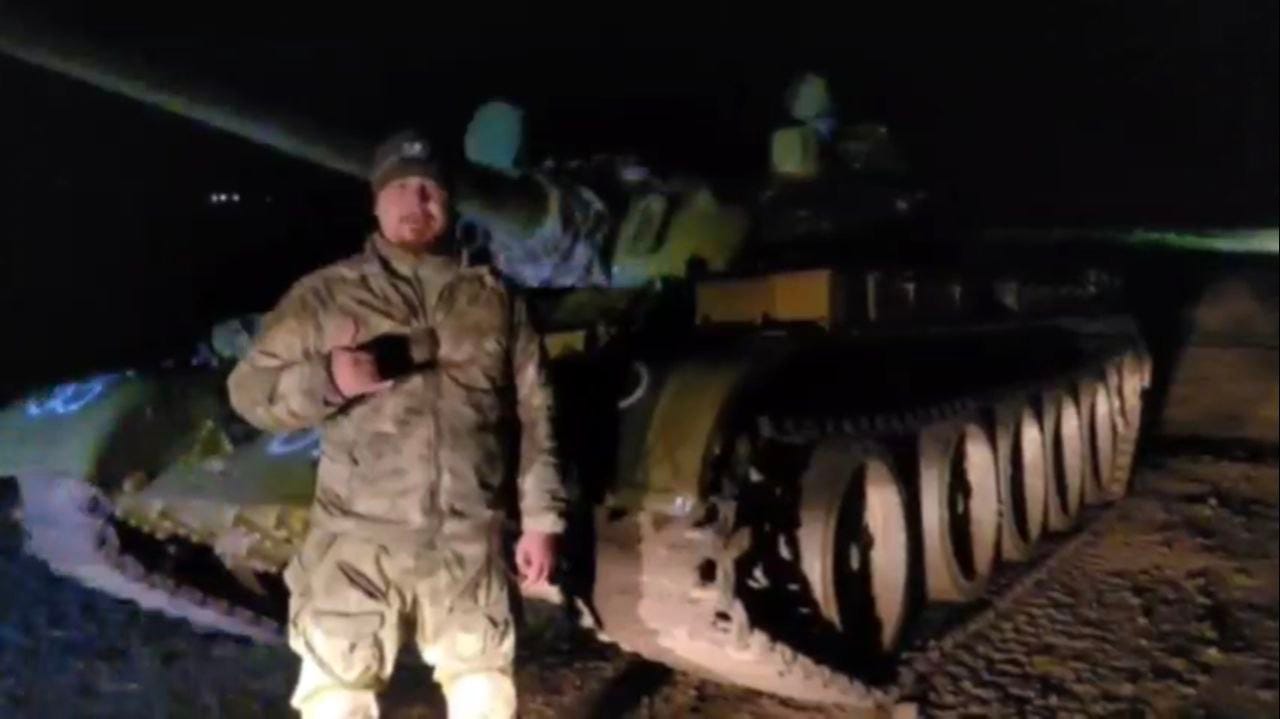Confidence Is High
Casualties are also high
Jack Teixeira, a 21-year-old airman with the Massachusetts Air National Guard, was arrested Friday for posting classified documents related to the war in Ukraine onto a Minecraft server in order to win an internet argument. Russian intelligence seems to have appropriated and m…



